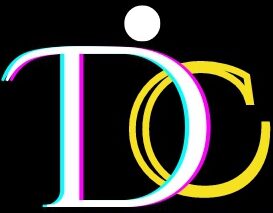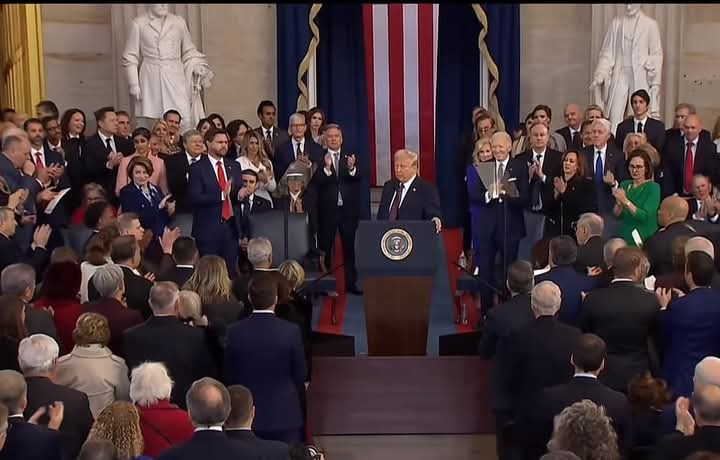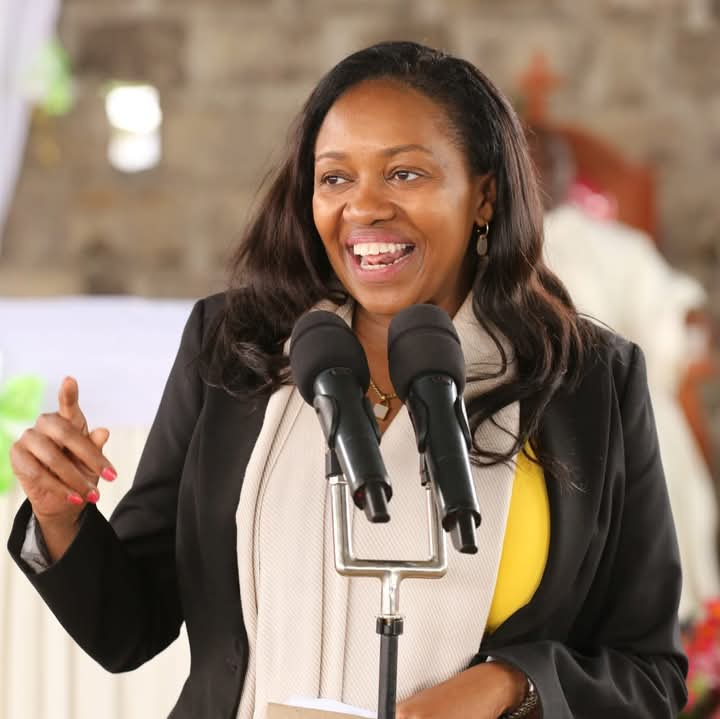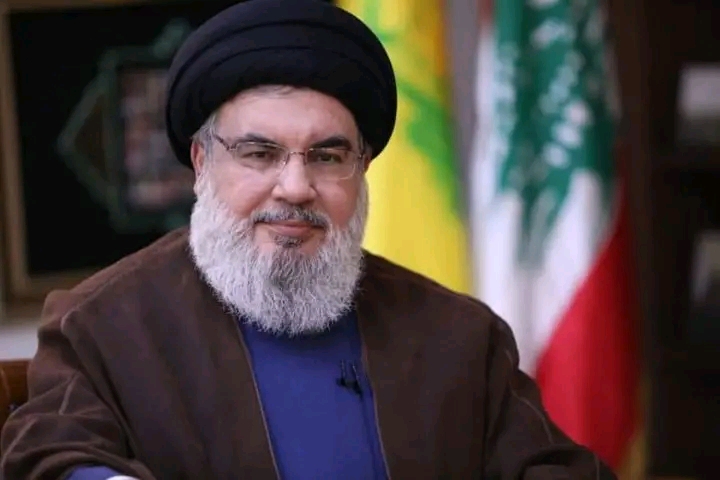
In the complex landscape of Middle Eastern politics, few organizations have as much impact as Hezbollah.
Led by the enigmatic Hassan Nasrallah, this Lebanese group has become a major player in regional affairs.
Read Recommended Posts
- The List of Foreign Leaders Invited to Attend Donald Trump’s Inauguration 2025 Sparks Global Discussion
- WNBA Star Reveals Making Millions on OnlyFans After Leaving Basketball
- “Where is Our Governor?” Susan Kihika Finally Reveals Why Kenyans Are Not Seeing Her
- 40 Nigerian Farmers Killed in Latest Terror Attack
- 7 Best Passive Income Ideas In 2025: Your Free Path to Financial Success.
Let’s delve into the history of Hezbollah and the role of its long-standing leader.
The Rise of Hezbollah
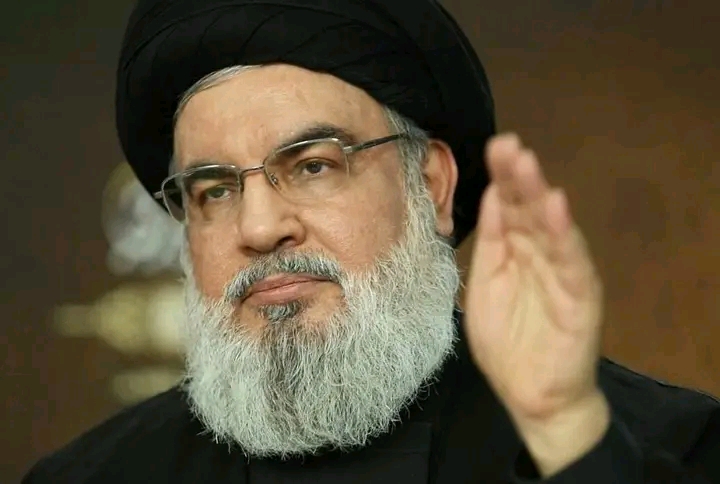
Hezbollah, meaning “Party of Allah” in Arabic, emerged in the early 1980s during Lebanon’s civil war.
Founded primarily as a resistance movement against Israeli occupation in southern Lebanon, it has since evolved into a powerful political and military organization with significant influence in Lebanon and beyond.
Key points about Hezbollah:
- Established in 1985 in response to the 1982 Israeli invasion of Lebanon
- Backed by Iran, which provides financial and military support
- Recognized as a legitimate political party in Lebanon, holding seats in the parliament
- Designated as a terrorist organization by several countries, including the United States and European Union members
Hassan Nasrallah: The Face of Hezbollah
At the helm of Hezbollah since 1992 is Hassan Nasrallah, a figure who has become synonymous with the organization. Born in 1960 in Beirut, Nasrallah has led Hezbollah for over three decades, shaping its policies and strategies.
Nasrallah’s Leadership
- Became Secretary-General of Hezbollah in 1992 at the age of 32
- Rarely seen in public, often delivering speeches via video link
- Known for his charismatic speeches and strategic acumen
- Has overseen Hezbollah’s involvement in various regional conflicts, including the Syrian Civil War
Impact on Regional Politics
Under Nasrallah’s leadership, Hezbollah has:
- Fought a month-long war with Israel in 2006
- Become a key ally of Syrian President Bashar al-Assad
- Expanded its influence in Lebanese politics
- Developed a significant military capability, including a large rocket arsenal
Hezbollah’s Current Role
Today, Hezbollah plays a multifaceted role in Lebanon and the wider Middle East:
- Political Influence: Holds seats in the Lebanese parliament and has veto power in the government
- Social Services: Provides healthcare, education, and other services to supporters
- Military Power: Maintains a powerful armed wing, separate from the Lebanese Armed Forces
- Regional Player: Involved in conflicts beyond Lebanon’s borders, particularly in Syria
Controversies and International Relations
Hezbollah’s activities have been a source of ongoing controversy:
- Its designation as a terrorist organization by some countries has complicated Lebanon’s international relations
- The group’s support for the Assad regime in Syria has drawn criticism
- Ongoing tensions with Israel continue to be a source of regional instability
Plans Amidst Regional War Challenges
As tensions in the Middle East continue to evolve, Hezbollah Hassan Nasrallah remain significant factors in regional dynamics.
The group’s future role in Lebanon and beyond will likely continue to shape political and security landscapes in the coming years.
Understanding Hezbollah and its leadership is crucial for anyone seeking to comprehend the complexities of Middle Eastern politics.
As events unfold, the actions of this powerful organization and its enigmatic leader will undoubtedly continue to make headlines and influence regional affairs.
Also Read
-
The List of Foreign Leaders Invited to Attend Donald Trump’s Inauguration 2025 Sparks Global Discussion
Different from centuries of American tradition, Donald Trump’s 2025 presidential inauguration marks the first time foreign heads of state have been officially invited to witness the transfer of power. However, the guest list has sparked discussion, particularly regarding the complete absence of African leaders from the historic occasion. Breaking with Tradition Traditionally, U.S. presidential inaugurations…
-
WNBA Star Reveals Making Millions on OnlyFans After Leaving Basketball
Former WNBA All-Star Liz Cambage has revealed a dramatic financial twist in her career path, earning more in her first week on OnlyFans than during her entire professional basketball career. The former Los Angeles Sparks player, who wrapped up her basketball career in 2022, has now built a thriving digital presence that generates over $1.5…
-
“Where is Our Governor?” Susan Kihika Finally Reveals Why Kenyans Are Not Seeing Her
A social media storm in Kenya over the whereabouts of Nakuru Governor Susan Kihika has finally been put to rest, as she reveals she’s been away on maternity leave. The announcement comes after three months of public speculation and growing concern from local residents. The mystery deepened when a playful “Missing Person” poster began circulating…
